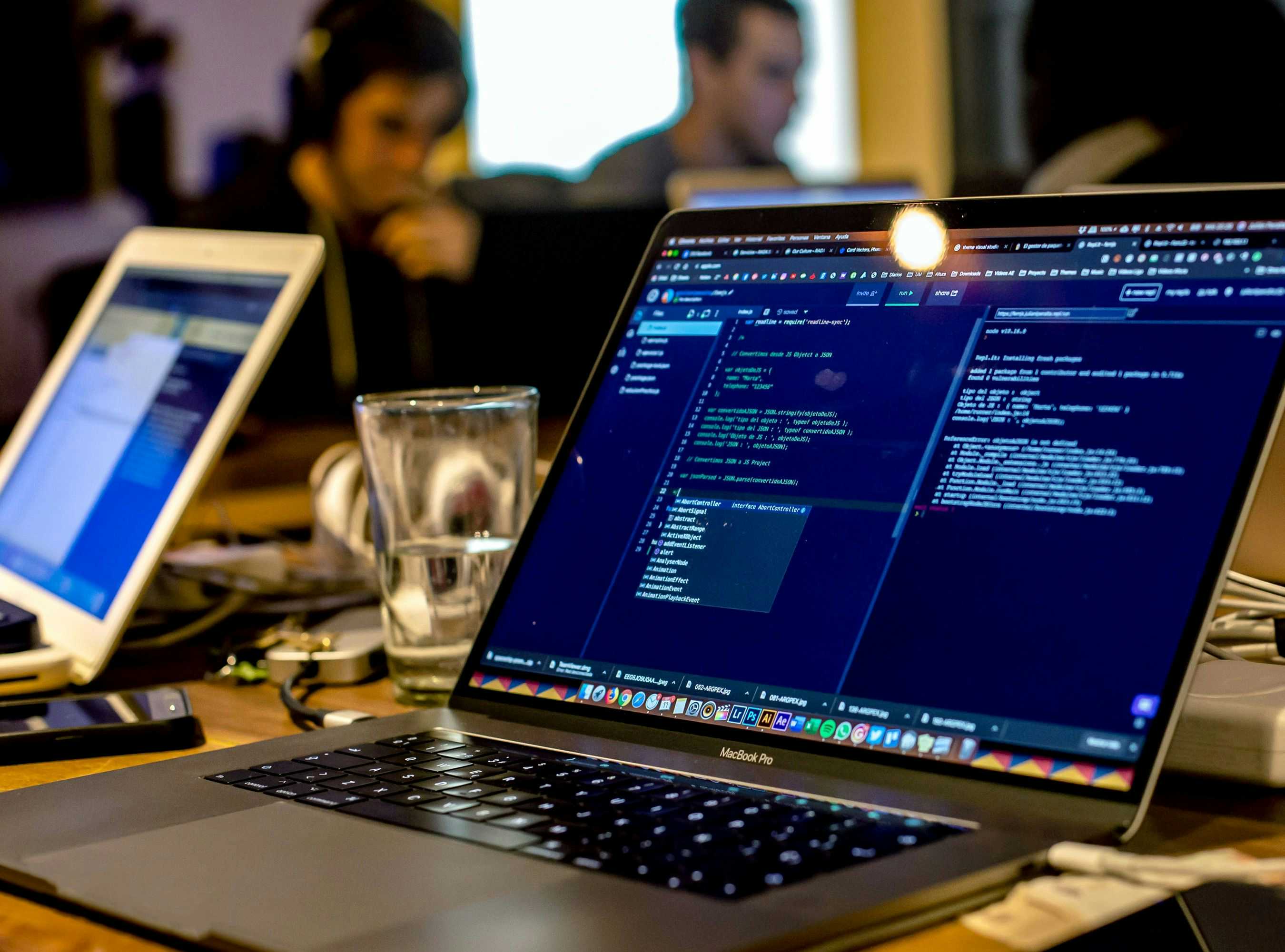Court: United States District Court for the District of KansasJurisdiction: FederalCase Name: United States v. ReuletCitation: 2015 U.S. Dist. LEXIS 161540
Facts
The defendants were charged with trafficking conspiracy in controlled substances and controlled substance analog as well as mail fraud. One of them was charged with selling and trafficking illegal drugs, laundering money, and related crimes. The government retained multiple expert witnesses to support its case. The defendants filed this Daubert motion challenging the testimony of two information technology (IT) experts, a Food and Drug Administration (FDA) expert, two pharmaceutical representative experts, three analog drug experts, and a financial expert.
The IT Expert Witnesses
The government identified two IT expert witnesses it planned to present at the trial. The IT experts testified about their forensic examination of confiscated computers and phones, and about the recovery of numerous emails from computers and cell phone texts. Their opinions were derived from their review of the computers and phones confiscated and based on their schooling, training, and experience.
The defendants challenged the testimony made by both experts. The defendants did not object to the IT expert witnesses’ testimony, so long it was limited to the way computers and phones were analyzed in order to extract the information. However, the defendants argued that the government’s notice under Rule 16 of the Federal Rules of Criminal Procedure was inadequate if it considered opinion beyond that. The defendants further argued that schooling, training, and experience provide the basis for an expert’s qualification, but not for opinions.
Discussion
The court accepted the government’s argument that testimony from the IT experts would be limited to their forensic analysis of the seized cell phones and computers. Specifically, the testimony would cover how they examined the confiscated computers and extracted the contents. Thus, the defendants’ first argument was rejected as moot. The court also disagreed with the defendants’ argument that education, training, and experience were bases for expert qualification but not for an expert opinion. It was noted that the court had previously decided in United States v. Garza, United States v. Markum, and United States v. Jensen that education, training, and experience could supply sufficient reasons and bases for an expert opinion.
The court further noted that advisory committee note to the 2,000 amendments to Federal Rule of Evidence 702 says that “in certain fields, experience is the predominant, if not sole, basis for a great deal of reliable expert testimony” and explaining that a witness relying only on experience should “explain why that experience is a sufficient basis for the opinion”.
Held
The IT expert witnesses were held to be qualified enough to testify in this matter, and their testimony was deemed reliable and relevant. Thus, the defendants’ motion to exclude their testimony was denied.
About the author
Zach Barreto
Zach Barreto is a distinguished professional in the legal industry, currently serving as the Senior Vice President of Research at the Expert Institute. With a deep understanding of a broad range of legal practice areas, Zach's expertise encompasses personal injury, medical malpractice, mass torts, defective products, and many other sectors. His skills are particularly evident in handling complex litigation matters, including high-profile cases like the Opioids litigation, NFL Concussion Litigation, California Wildfires, 3M earplugs, Elmiron, Transvaginal Mesh, NFL Concussion Litigation, Roundup, Camp Lejeune, Hernia Mesh, IVC filters, Paraquat, Paragard, Talcum Powder, Zantac, and many others.
Under his leadership, the Expert Institute’s research team has expanded impressively from a single member to a robust team of 100 professionals over the last decade. This growth reflects his ability to navigate the intricate and demanding landscape of legal research and expert recruitment effectively. Zach has been instrumental in working on nationally significant litigation matters, including cases involving pharmaceuticals, medical devices, toxic chemical exposure, and wrongful death, among others.
At the Expert Institute, Zach is responsible for managing all aspects of the research department and developing strategic institutional relationships. He plays a key role in equipping attorneys for success through expert consulting, case management, strategic research, and expert due diligence provided by the Institute’s cloud-based legal services platform, Expert iQ.
Educationally, Zach holds a Bachelor's degree in Political Science and European History from Vanderbilt University.



